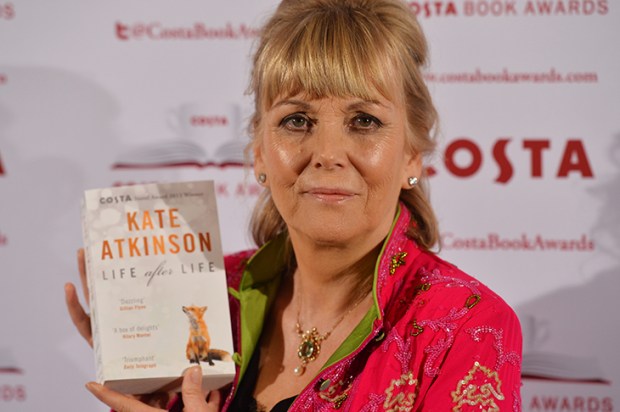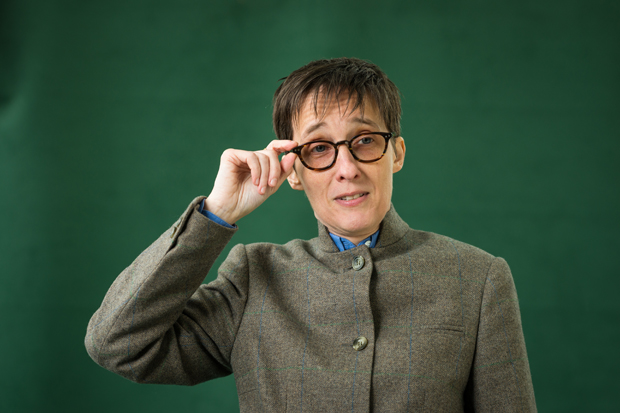‘Mystery comes through clarity’, is how Rupert Thomson recently described the effect he was trying to achieve in writing. It’s an apt phrase for his latest book, Katherine Carlyle. Thomson has previously published nine novels but has never achieved wide public recognition, partly because of their lack of uniformity. This, though, is what has attracted other writers, who admire his range, the visionary and haunting nature of his stories, the precision of his imagery, and his lack of agenda.
Already a subscriber? Log in
Subscribe for just $2 a week
Try a month of The Spectator Australia absolutely free and without commitment. Not only that but – if you choose to continue – you’ll pay just $2 a week for your first year.
- Unlimited access to spectator.com.au and app
- The weekly edition on the Spectator Australia app
- Spectator podcasts and newsletters
- Full access to spectator.co.uk
Unlock this article
Available from the Spectator Bookshop, £12.74, Tel: 08430 600033
You might disagree with half of it, but you’ll enjoy reading all of it. Try your first month for free, then just $2 a week for the remainder of your first year.














Comments
Don't miss out
Join the conversation with other Spectator Australia readers. Subscribe to leave a comment.
SUBSCRIBEAlready a subscriber? Log in